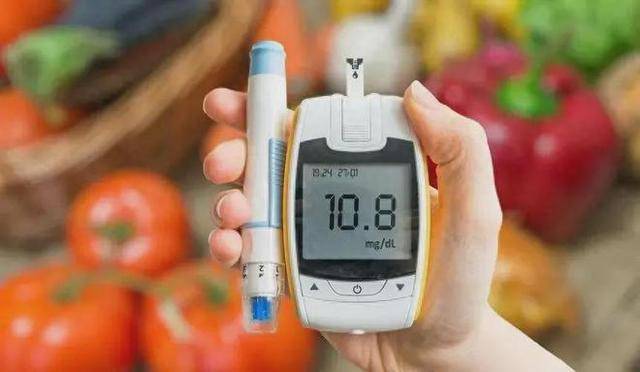As a country with a high incidence of diabetes, over 100 million people are struggling with the challenges brought by this disease. Mr. He, who is 62 years old, unfortunately was diagnosed with diabetes during a health check-up two months ago.
Initially, Mr. He did not take it seriously, believing that diabetes was merely a chronic illness that would not cause severe harm to his body. Therefore, he did not strictly control his diet, and at times even neglected to take his diabetes medication, often ingesting it only every other day.
However, just a month later, Mr. He fainted due to a sharp rise in blood sugar and was urgently taken to the hospital by family and friends.
Under the patient and detailed guidance of the doctor, Mr. He came to deeply understand the severity of diabetes, and from then on began to practice strict self-discipline and control his diet. He completely eliminated foods high in sugar, fat, and calories, and consistently took his medication on time every day. A month later, Mr. He’s blood sugar levels gradually stabilized.
Recently, while taking a walk, Mr. He chatted with a friend about dietary considerations for diabetes patients. The friend told Mr. He that diabetes patients should reduce their intake of eggs to avoid raising blood sugar levels. Mr. He expressed doubt about this since he ate an egg every few days and had not experienced a spike in his blood sugar.
The friend indicated that this was merely hearsay and suggested Mr. He consult a doctor during his next check-up. Early the next morning, Mr. He went to the hospital for a follow-up examination. After the doctor checked, he told Mr. He that his blood sugar was very well controlled, and as long as he continued to maintain this, there was no need for excessive worry.
Overjoyed by this news, Mr. He quickly expressed his determination to continue his efforts unwaveringly. He then inquired about whether diabetic patients could eat eggs.
The doctor explained that diabetic patients can eat eggs in moderation, but they need to pay attention to the quantity and cooking methods.
01
Can diabetics eat eggs? Unraveling the dietary misconceptions for diabetes patients
1. Can diabetics eat eggs? Misunderstanding or fact?
Eggs, being a highly nutritious food, contain quality protein, fats, vitamins, and minerals. However, there is considerable misunderstanding among many patients and their families regarding whether diabetics can consume eggs. On one hand, some believe that the high cholesterol content in eggs is detrimental to blood sugar control; on the other hand, some think that the protein in eggs can burden the kidneys. So, can diabetic patients actually eat eggs?
2. Unraveling the dietary misconceptions of diabetes patients
1. Does the cholesterol in eggs affect blood sugar?
In fact, the cholesterol content in eggs is not high, with approximately 200 milligrams of cholesterol per 100 grams of egg. Studies have found no direct relationship between cholesterol intake and blood sugar levels. Additionally, the lecithin in eggs helps lower blood cholesterol levels, which is beneficial for diabetes patients.


